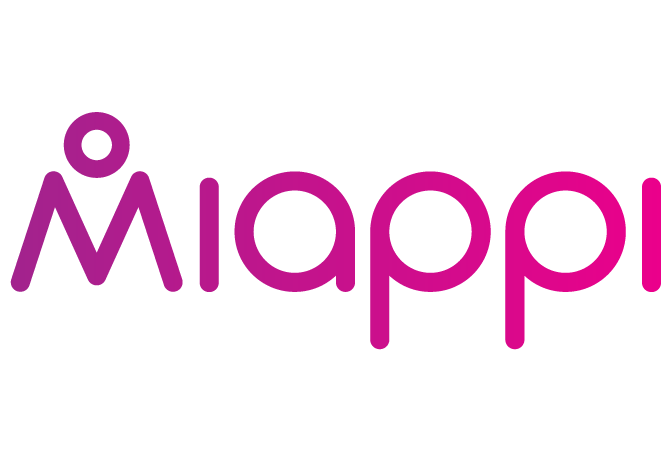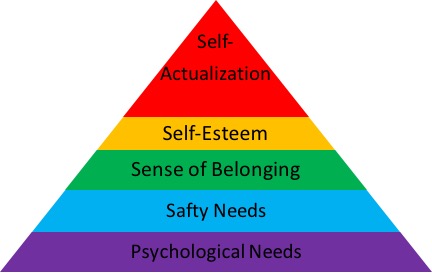Why is UGC So Compelling? The Psychology of Belonging

But what does psychology of belonging have to do with User Generated Content advertising and building UGC community? Well, just about everything, as it happens…
The Rise of User Generated Content Advertising and the Death of Brand-Owned Content
The days of glossy ads impressing viewers into engaging with brands and making purchases are over. Today the general public is a lot more aware of how traditional marketing and advertising works.While the odd advert may appeal, we increasingly overlook others amidst the clamour created by hundreds of other brands. All those brands are sharing the same physical or digital space. Other marketing can be irksome or even depressingly manipulative. Remember the banned “Beach Body Ready” billboard of summer 2015? UGC is a digital asset which users are increasingly engaging with when used in marketing. Created by real social media and web users, UGC comes from real people, making it immediately more authentic and trustworthy than anything a brand may have to say about itself. It also connects consumers to real people who value a brand, making joining that “community” seem more enticing.
And that’s where the psychology of belonging comes in…
Building UGC Community
Anyone who’s ever been a teenager (and we’re willing to bet that’s most of you) knows just how powerful the need to belong is. Our cliques, social circles and social collateral are everything to us at that formative age. Our approach and outlook may become more nuanced and subtle as we age, but the desire to be part of a peer group – and not to be an outsider – is an un-ignorable pull.This is a human impulse which has been observed and studied for generations. In one recent neuroscience study from the University of California, Lieberman & Eisenberger observed that the brain uses very similar circuits to process social pleasures and pains to the circuits it uses to process more physical experiences such as injuries, or winning a prize. This means that we experience our social lives very strongly and profoundly – making them incredibly significant.
The Psychology of Belonging
Abraham Maslow observed this significance, in 1943, when the psychologist listed “belonging” as the third item in his Hierarchy of Needs . This hierarchy placed social belonging as the third most crucial thing for successful, happy humans after physical needs (food, warmth, air etc.) and safety requirements (physical, economic etc.).
Maslow claimed that happy, healthy humans require a sense of belonging and acceptance from the social groups which surround them, whether these groups are large or small. Without this acceptance, we are prone to loneliness, social anxiety, depression and other mental health issues.
Harnessing UGC
This fundamental importance of (and direct relationship to) our brain’s reward systems means that tapping into human beings’ need for belonging can be a powerful way to market a brand. Making consumers feel like part of a community – especially a community of their own peers – will make them feel connected simply by engaging with a company, and by buying its goods and services.




